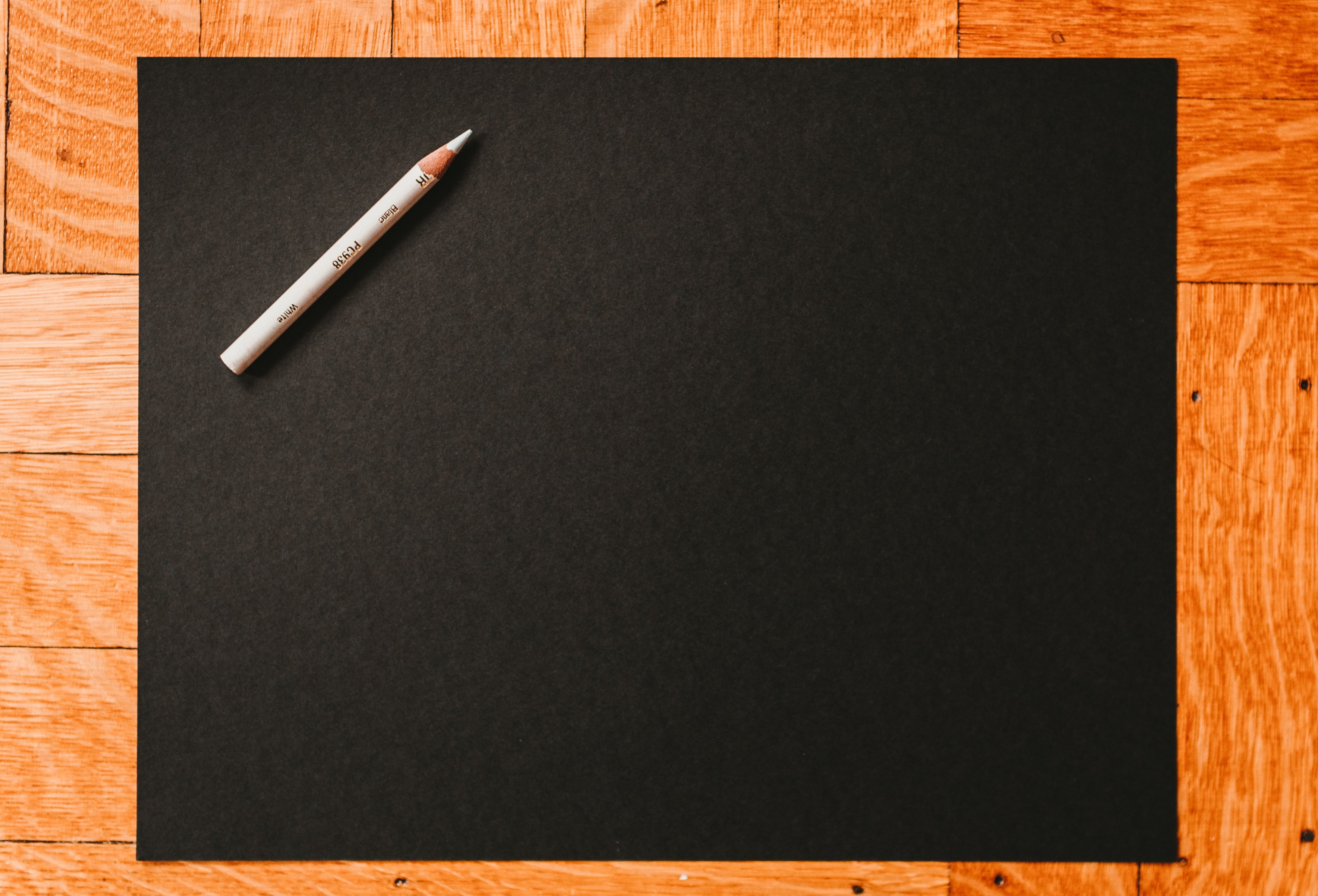How To Improve Your
Writing Skills And
Become A Good Writer

Writing is often considered a tough skill to pick up- for a number of reasons. You need to :
- be patient;
- be focused;
- have a good grasp of language and grammar; and
- practise, practise, PRACTISE!!!
In actual fact, it's not that hard to be a good writer- you just need to be willing to work at it, every single day!
Here are some tips for anyone interested to improve their writing skills or pursue the craft as a career.
1. Make Writing A Priority
If you want to become a good writer, dedicate more time to write!
For beginners, set aside 2 or 3 hours in a day. Use this time to brainstorm and research on story ideas or type rough drafts - then finalise copies as well as proofreading.
By sticking to a routine, you will hone your writing skills- making it easier for you to churn out new articles or writing pieces.
2. Read More
If you don’t have time to read, you don’t have the time (or the tools) to write. Simple as that – Stephen King.
Generally, two things recommended by writers to improve writing skills is reading and writing more.
Writing may be a solitary exercise but reading exposes us to other voices and different styles of writing. Read everything: the classics, fiction, the morning paper- just be sure to read! You can even hone your writing skills with these unconventional reading tricks!
(a) Skip sections
The gist of an article can be obtained from subheadings or bold text. Sometimes, it’s okay to skip parts. Especially, if they’re not relevant. Skimming through and focusing only on important parts of an article will help us to decide whether to reread the other parts which were skipped. This is one method to remember more of what we have read without overloading our brain with irrelevant information.
(b) Read stories that add value to you as a reader
Reading is meant to be a leisure activity that is fun. Slogging through something boring would not help you in the long-run to write better stories. On the other hand, reading things that you wouldn’t normally read, for example, poetry and fantasy stories avoids getting into a reading rut and exposure to different genres and styles of writing. In fact, varied reading habits could also mean re-reading stories! Re-reading stories helps to analyse what the story is about and the style of writing beyond artistic appreciation.
(c) Take notes
Taking regular breaks and making notes and marks in the margins of books helps us to not only remember important points made by the author, but to form our own clear thoughts about what we’ve read (source: How to Read a Book) and craft our own style of writing.
(d) Be an engaged reader
Find something you care about that is worth sharing. If you want to disagree with an author’s premise or post a rebuttal to their argument, then go for it! By doing so, it will make your brain work really hard, as you analyse ideas and form your own opinion in response.
3. Use Good Writing Tools (And Don’t Take Feedback Personally)
Like every job and craft, writing has its own tools of the trade- and they've evolved with the times! Find (free) writing tools such as Grammarly or other tools such as Canva (for images) which suits you and your needs. Need someone to proofread/ offer constructive critiscism on your work? Ask someone you rely on/trust- be it friends or family. Constructive criticism helps in every aspect of life. Share your story about what inspires you – the world is eager to read your most authentic version of yourself!
4. Always Reflect On Your Reason For Writing
Different people have different reasons for writing. Some write because it's their job, some write because its fun and some write because it brings them joy. Monetary remuneration aside, writing has long been considered an avenue of self-expression for many. It is a way for them to channel their creativity, and unburden themselves of pent-up feelings, or, alternatively, to share their stories with the world.
Whatever the case may be, make a commitment to read and write more, stay focused and work hard at improving your writing skills, after all practice makes perfect!









